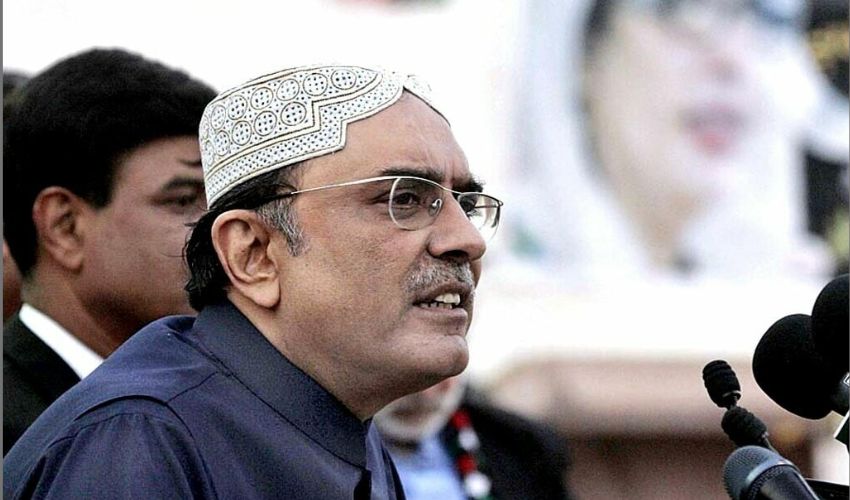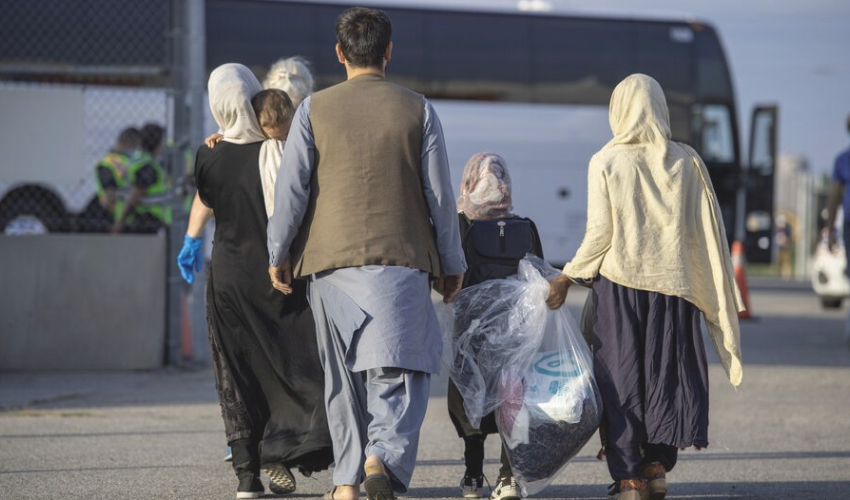On this World Food Day, the Centre for Peace and Development Initiatives (CPDI) reaffirms its commitment to the urgent cause of global food security, emphasizing the need for sustainable, equitable, and inclusive solutions to address hunger and malnutrition in Pakistan and worldwide.
This year’s theme, “Investing in Food Systems for Resilience,” calls upon governments, communities, and organisations to work collaboratively to create food systems that are both resilient to climate change and capable of nourishing people in a way that respects environmental sustainability.
CPDI believes that access to nutritious food is a fundamental human right, and a key pillar for peace, prosperity, and development.
While significant strides have been made in reducing hunger, CPDI remains deeply concerned about the millions of people who continue to suffer from food insecurity and malnutrition, exacerbated by conflict, climate shocks, economic disparities, and geopolitical challenges.
All actors must recognize the interconnection between food systems, human rights, and conflict prevention. Adequate food systems not only help eliminate hunger but also contribute to lasting peace by addressing one of the root causes of social unrest.
On this world food day, CPDI calls for investment in sustainable agriculture in innovative and environmentally friendly agricultural practices that increase food production without damaging the planet’s resources. There is strong need to empower local communities, particularly women and marginalized groups for building resilient food systems that are self-sustaining and adaptive to local needs.
Governments and international bodies must work together to ensure that resources are allocated effectively to reduce food insecurity and promote sustainable development. The impact of climate change on agriculture cannot be overstated and there is a strong need to accelerate efforts to reduce greenhouse gas emissions and support farmers to adapt to changing climatic conditions.
On this World Food Day, CPDI urges all stakeholders—governments, civil society, the private sector, and individuals—to renew their commitment to building inclusive and resilient food systems. Only through collective action can we ensure a world where everyone has access to the food they need to live healthy, fulfilling lives.



























